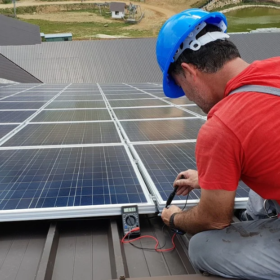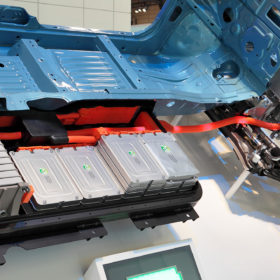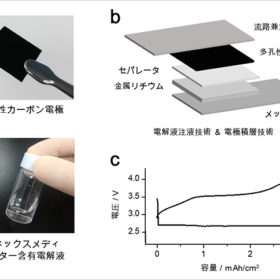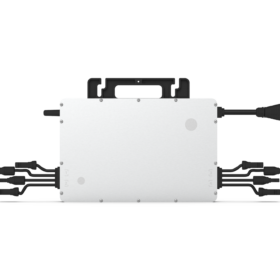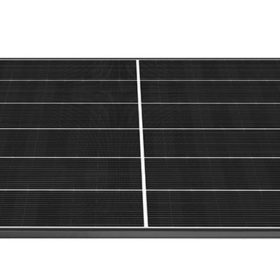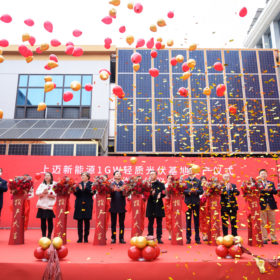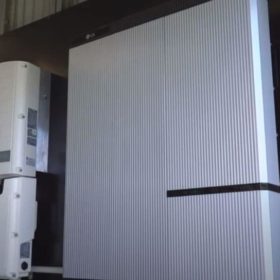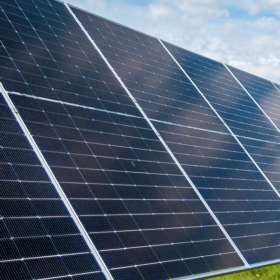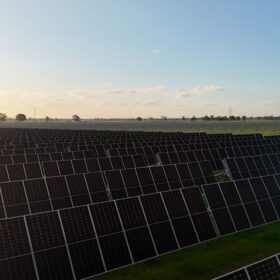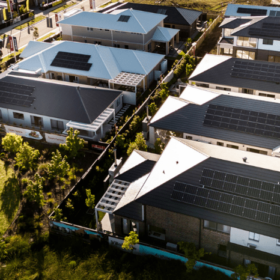Best fire safety practices for rooftop PV system installations
Compiled by an international research group, the best practices were collected from all available guidelines published by national agencies, regulatory bodies, and trade associations.
Indian battery cell production scheme gets bids for 130 GWh
India’s production-linked incentive scheme for advance-chemistry battery cell production has received bids for 2.6 times more than the 50 GWh of manufacturing capacity it plans to allocate.
Philippines clears 62 PV projects totalling 1.3GW for renewable portfolio standards
The list of the eligible renewable energy producers also includes 36 hydropower facilities totalling 412.8MW, 36 biomass schemes with an aggregate capacity of 264.8MW, seven wind farms with a total power of 409.9MW, and six geothermal power plants totalling 218.5MW.
Green hydrogen could disrupt global trade, bilateral energy relations
While there are still many uncertainties as to the way in which hydrogen trade might evolve and change economic ties and political dynamics between countries, experts agree that green hydrogen can bring winds of change to the global energy arena. According to the International Renewable Energy Agency, significant geoeconomic and geopolitical shifts are just around the corner.
Japanese consortium builds lithium-air battery with energy density of 500 Wh/kg
A Japanese group has developed a storage system with potential applications in residential storage, electric vehicles, drones and Internet-of-Things devices.
Micro-inverter for high-power solar panels from Hoymiles
The device has a 4-in-1 design, which means it can be connected with four solar panels with a power output of up to 625 W each, through four independent connections. The output of each panel is tracked and converted individually. According to the Chinese manufacturer, the micro-inverter can ensure savings of up to 50% due to the lower number of devices and cables needed.
Panasonic unveils 410 W solar panel with 22.2% efficiency
The new heterojunction module series is compatible with Panasonic’s Evervolt battery and has a power output ranging from 400 to 410 W. It also features a temperature coefficient of -0.26% per degree Celsius.
Sojitz teams with CS Energy in green hydrogen export project
Japanese trading house Sojitz Corporation has announced it will collaborate with Queensland government-owned utility CS Energy and Nippon Engineering Consultants on a project to transport green hydrogen produced in Australia to the Pacific Island nation of Palau in a bid to reduce a reliance on fossil fuels.
Sunman opens 1GW lightweight PV module factory
Sunman Energy claims the new factory, located in Yangzhong City in China’s Jiangsu province, is the world’s largest production facility for lightweight photovoltaics.
LG Energy Solution IPO attracts $110 billion in bids
LG Chem’s energy storage and battery division’s US$10.7 billion (AU$14.8 billion) initial public offering received a staggering response from institutional investors, Reuters has reported.
